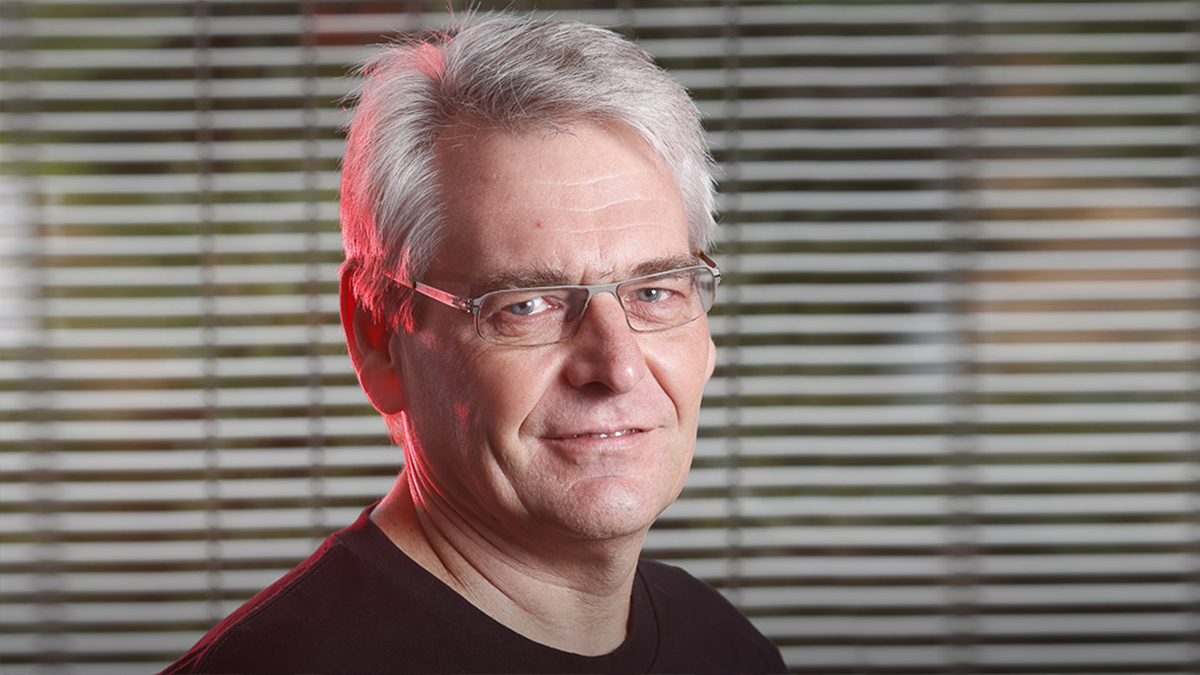
UNSW has partnered with Secure Systems Research Center to implement ground-breaking cyber security technology.
UNSW Sydney research group Trustworthy Systems has entered a partnership with United Arab Emirates-based Secure Systems Research Center (SSRC) to deploy its pioneering seL4 cyber security technology on a wide scale.
UNSW Trustworthy Systems has worked with a diverse range of groups around the world to implement the technology.
The collaboration will explore ways to enhance, improve and scale the adoption of seL4 on edge devices including mobile smartphones, drones, and nonstandard wireless computing devices used in cyber-physical systems.
seL4 microkernel technology is designed to provide an impregnable firewall to ensure compromised computer programs stop affecting other components.
“This collaborative effort between UNSW and SSRC will aim to extend the formally verified seL4 microkernel to support tight integration of virtualised systems,” said UNSW Trustworthy Systems leader and John Lions Chair, Scientia Professor Gernot Heiser.
The project will develop a device-sharing framework that allows virtual machines, as well as critical native functionality, to securely share input/output devices with low overhead, without interfering with each other, and without blowing out the size of the trusted computing base (TCB).
“Virtualisation is the technology underlying cloud computing which presents a single physical computer as multiple ‘virtual’ machines, each of which appears like a separate computer, running its own operating system,” Prof. Heiser said.
“It shares a physical computer between multiple independent clients. In contrast, in cyber-physical and edge systems, virtualisation is used to integrate legacy components tied to large and complex operating systems with security or safety-critical components into an overall system.”
Prof. Heiser explained that this allows for the construction of systems with a minimal TCB, where critical functionality depends on as little code as possible.
“Owing to the infeasibility of integrating complex software systems free of faults, it is important to keep the TCB minimal,” he said.
“This will enable the construction of cyber-secure edge systems with rich functionality.”
UNSW Dean of Engineering, Professor Stephen Foster commended Prof. Heiser and Trustworthy Systems on the new enterprise.
“This strategic partnership speaks volumes about the international recognition of Prof. Heiser and the team in developing innovative technology outcomes in cyber security, and in providing reliability and safety to our inter-connected communities,” Prof. Foster said.
SSRC Chief Researcher, Dr Shreekant Thakkar also expressed his anticipation of partnering with UNSW to advance IT security innovations.
“We look forward to collaborating with UNSW to define a secure foundation for Zero-Trust, secure, resilient, cyber-physical and autonomous systems,” Dr Thakkar said.
SSRC is a research centre for the development of end-to-end security and resilience for cyber-physical and autonomous systems that support smart cities and boost economic development.
It is one of 10 niche research centres at the Technology Innovation Institute (TII), an Abu Dhabi government applied research centre that is working at the intersection of discovery science to advance the United Arab Emirate’s knowledge-based economy.
Trustworthy Systems is a research group at the School of Computer Science and Engineering of UNSW Sydney.
- Log in to post comments
